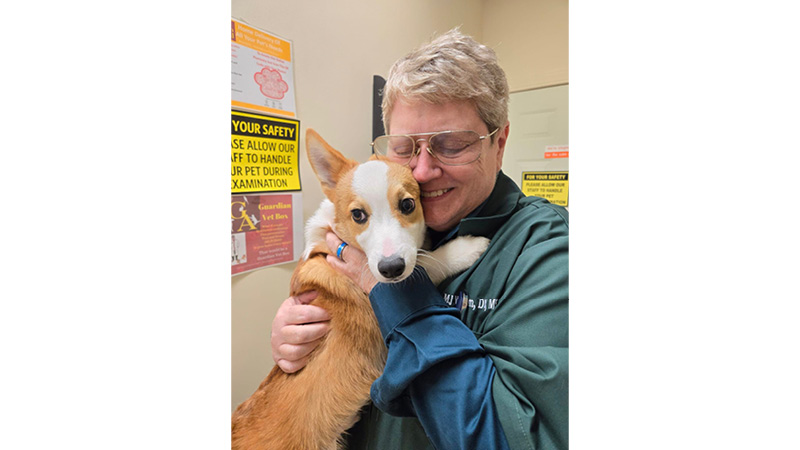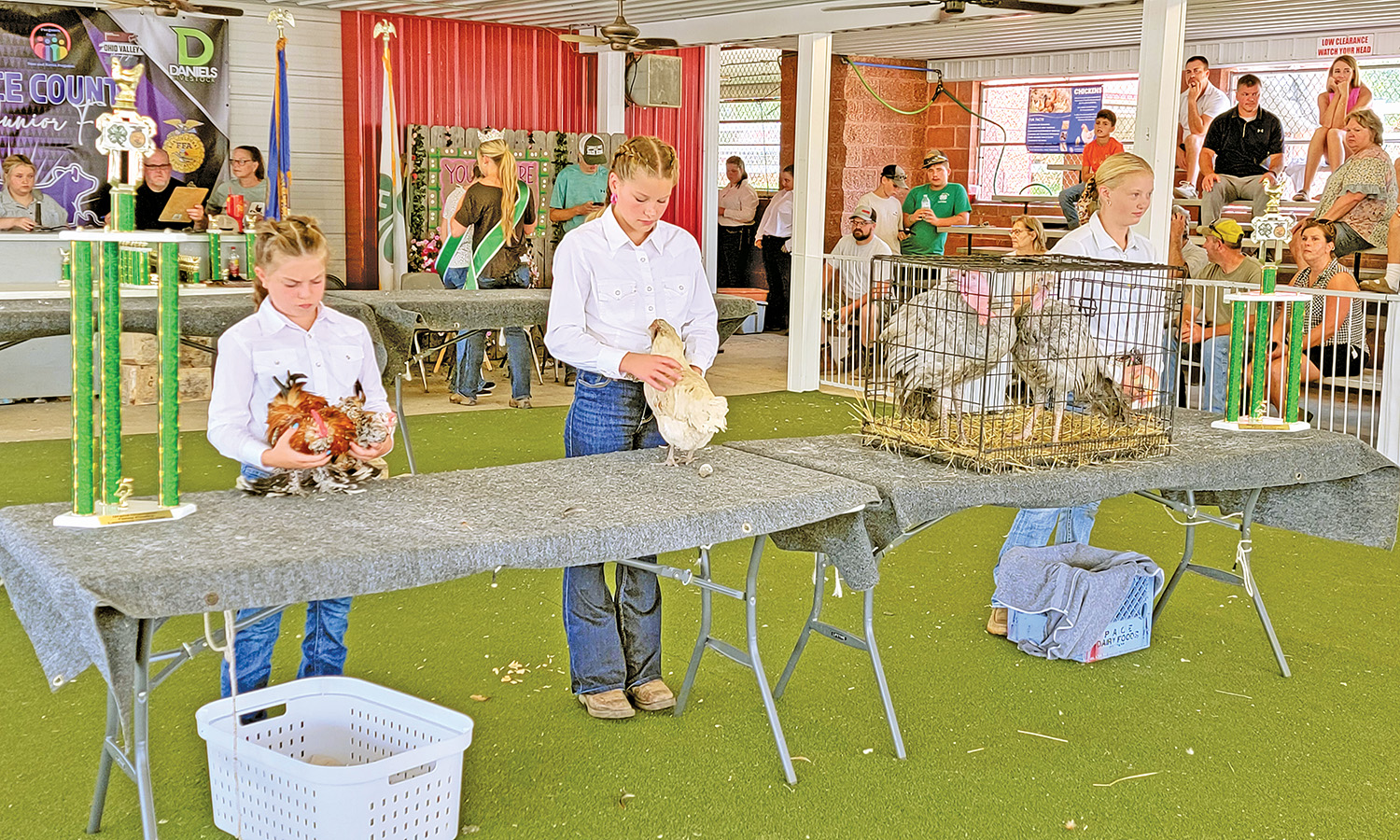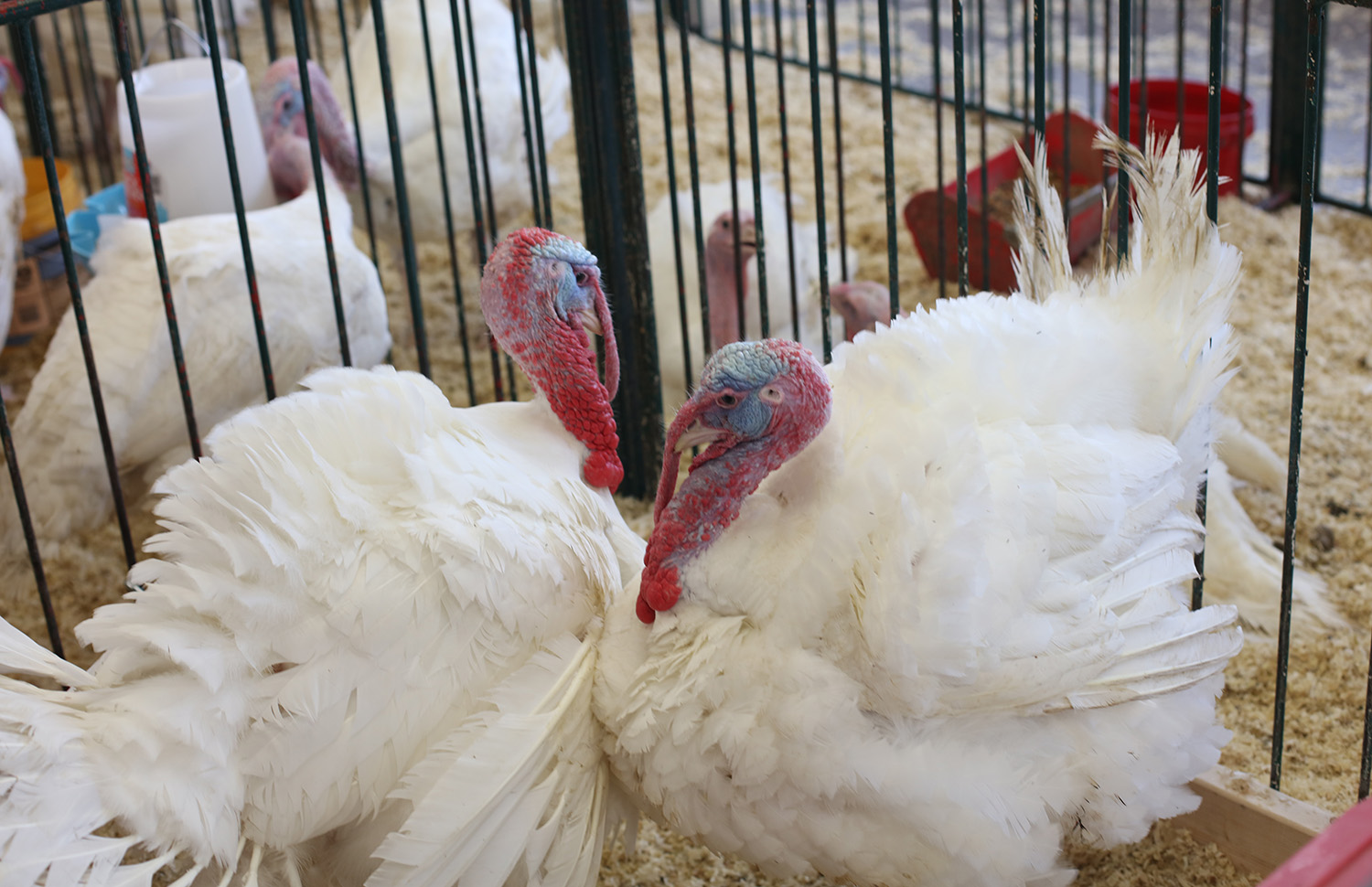July 4 fireworks require preparation by pet owners
Published 5:00 am Saturday, June 29, 2024
By Terry L. Hapney, Jr.
The Ironton Tribune
With the Fourth of July comes fireworks, food and family time—all among events designed to celebrate the Declaration of Independence of the United States of America from Great Britain in 1776. A factor to consider while celebrating is the anxiety fireworks can cause in pets.
Dr. M.J. Wixsom, owner of and veterinarian at Guardian Animal Medical Center in Flatwoods and a regular columnist for The Ironton Tribune, said the concern isn’t just about pets.
“There are a lot of veterans it causes a lot of anxiety and stress for also,” she said. “It’s not just the noise sensitivity—the loud noises and the bright lights—that affects our pets.”
Wixsom said pets can exhibit physical reactions to fireworks, such as drooling, panting, pacing—even seizures.
In terms of what pet owners can do, Wixsom said to prepare a safe place where they don’t hear the fireworks as much as they would otherwise. She said the key is to plan ahead.
“Desensitization with very low-level fireworks, gradually getting louder with or without a strobe light, is a way to desensitize them,” Wixsom said.
For pet owners who know their animals are going to experience sensitivity to fireworks, Wixsom recommends before leaving to see fireworks themselves that dog owners take their pets on a longer walk than normal.
“When you’re out of the house with the fireworks, they’re tired and more likely to sleep through them,” she said.
There are pets who run away during fireworks. They get out of houses and fences. Wixsom said the only way these dogs get home are miracles or microchips.
“That’s definitely a plan-ahead thing,” she said.
One weekend during Fourth of July a couple of years back, Wixsom came home at dark. Something ran past her and sat on the step of her porch. Fortunately, Wixsom had a dog with her that likes other dogs.
“I went up to the door and there’s this little pit bull-cross sitting on my front porch,” she said. “I let her in. I nicknamed her Bonnie. She has a different name. She spent the night with us and with the other dog. She was fine. We were far away.”
The next morning, Wixsom took her to work. The dog had a microchip, so Wixsom scanned her.
“We called her parents who had been out,” Wixsom said. “They were worried about her. We were able to get her back with them. Now they come in and she gets some medicine every year before fireworks so that she can stay calm.”
Getting a dog microchipped is a simple procedure, according to Wixsom. It entails injecting a small chip—encased in glass so it’s nonreactive—through a syringe-like tool.
“It’s a needle that’s smaller than a needle if you go in and donate blood,” she said.
That’s the universal way to identify the dog and its owner.
During the fireworks, Wixsom said the calmer the pet owner is the more calm the pet will act. She said pet owners can also distract them with the television, toys and music.
“The TV and music help drown out the fireworks,” she said. “Playing and engaging with them distracts them.”
Following the cues of the pet also helps.
“Some will want to snuggle; others will want to be left alone,” Wixsom said.
There are medications that veterinarians can provide for pets that help with anxiety.
“You can’t get them on July 4,” Wixsom said. “I guess you can go to the ER and I will be working a shift at the ER on July 4. It’s not a good time to show up to get behavioral medicine.”
For more information about this and other pet-related concerns, visit guardiananimal.com, contact Wixsom at 606-928-6566 or stop by 918 Bellefonte Rd. in Flatwoods.






